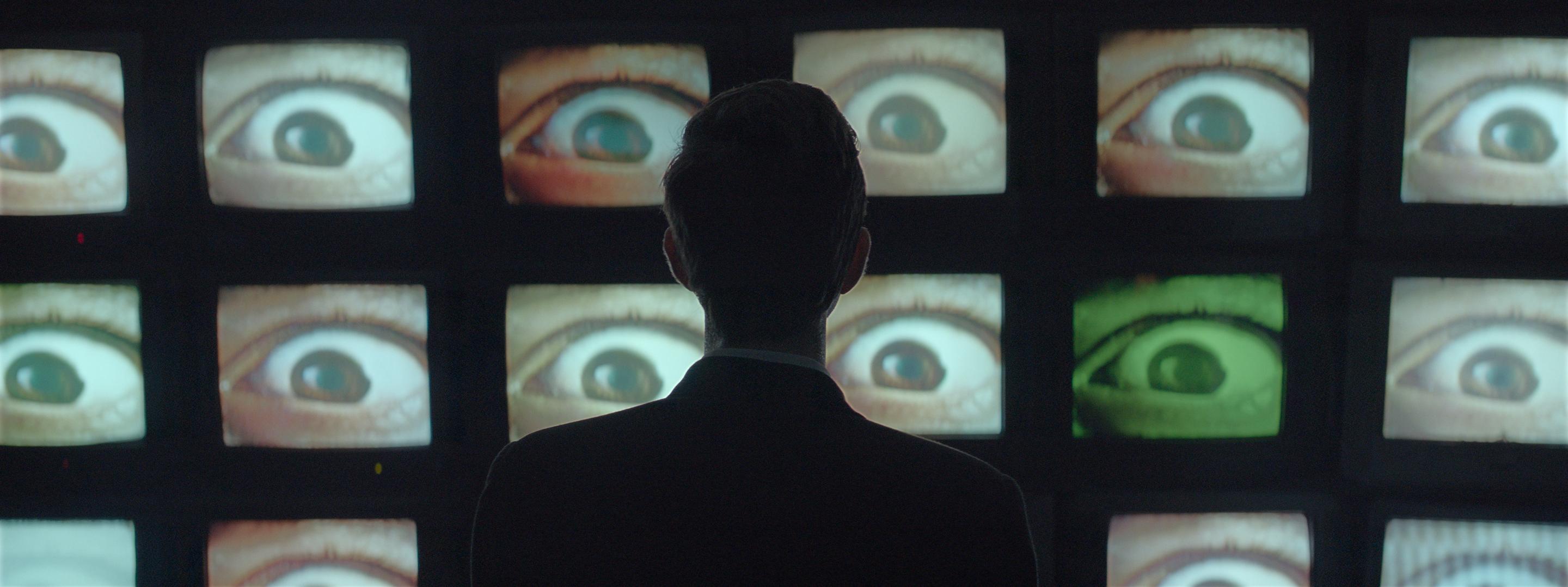What to Watch Verdict
The Antenna is a very ambitious undertaking that proves too underdeveloped for the complexity it portends.
Pros
- +
👁️ Horrific imagery.
- +
👁️ Worthwhile goal of exploring totalitarianism.
Cons
- -
👁️ Worthless characters.
- -
👁️ Thuddingly obvious symbolism.
- -
👁️ Excessively tedious pacing.
There is a lot to respect about The Antenna. Freshman writer-director Orçun Behram is not without a unique visual style, and it’s clear that he has a passion for artistically portraying his home country of Turkey’s fall into authoritarianism. There are moments of laudable avant garde storytelling where Behram is able to push through the veil of obscurity to deliver some truly haunting images. But the unfortunate truth of the matter is that The Antenna only has fleeting moments of inspiration, and between its tediously slow pace and the inability to string together a cohesive narrative, it’s not a film that succeeds even on its own aesthetic terms.
Mehmet (Ihsan Onal) is the superintendent of a stark apartment building populated by various residents with their own emotional, relational, and financial woes. In anticipation of the upcoming Midnight Bulletin, a government propagandist television broadcast, Mehmet’s boss Cihan (Levent Ünsal) has a special satellite dish installed on top of the building so that all residents can receive the transmission. The man installing the dish then immediately falls to his death, chalked up to a slipping accident. However, Mehmet discovers a black ooze dripping from the antenna, which starts to slip into the walls and water supply of the building, affecting the lives of the denizens within and irrevocably altering their environment and their lives.
The promise in this premise should be self-evident, as the physically personified effects of state propaganda wreak havoc on a microcosm of Turkish society. The inescapable presence of creeping black death, both literal and metaphorical, is conceptually disturbing and very often demonstrates how individuals fall victim to their circumstances more than to any fault of their own when placed in such dangerous circumstances. There’s a very Lynchian quality to Behram’s visual stylism, as he spends very little time explaining the particulars of his symbolism but allows the greater themes of control and conformity to watch over you.
The problem is that, unlike David Lynch’s work, there isn’t enough dimension to The Antenna’s metaphors for them to be satisfactorily parsed. The specifics may be obscured, but there are only so many ways to subtly hint at the idea that totalitarianism is bad without coming across as dancing around the issue. To reference another highly stylized auteur, The Antenna feels like a Terry Gilliam film, with all its technology haphazardly melded into the banality of everyday life to horrific effect, but all the humor and winking absurdity has been sucked out, only to be replaced with dead air. What’s left is a collage of obtuse authoritarian and technological symbolism, presented as a trip through Silent Hill without any of the self-reflective pathos.
The problem resides primarily with writing that prizes its messaging more than its characters or story. Mehmet and Cihan are probably the only characters who can appreciably be said to have full arcs, but an inordinate amount of time is spent getting to know the tragic lives of their tenants, almost all of which can be boiled down to one defining symbolic trait. This bloats the runtime of this otherwise simple film to nearly two hours, and the payoff is only for those one-dimensional characters to be unceremoniously snuffed out as the oozing plot device dictates. Even Mehmet, who has the most agency of anyone, is mostly just a passenger to the surreal disintegration of his reality, only taking an initiative of his own to give the film a semblance of an ending.
The Antenna is, more than anything else, a disappointment. It’s a very ambitious undertaking that proves too underdeveloped for the complexity it portends. Though it occasionally rises to the occasion of providing a graphic visual metaphor for a horrific real-world tragedy, its message is too broad and simple to be this coy in its presentation. Sometimes the mind of an artist just doesn’t broadcast the totality of their intent to the screen, and only static can fill the gaps.
The latest updates, reviews and unmissable series to watch and more!
Leigh Monson has been a professional film critic and writer for six years, with bylines at Birth.Movies.Death., SlashFilm and Polygon. Attorney by day, cinephile by night and delicious snack by mid-afternoon, Leigh loves queer cinema and deconstructing genre tropes. If you like insights into recent films and love stupid puns, you can follow them on Twitter.


